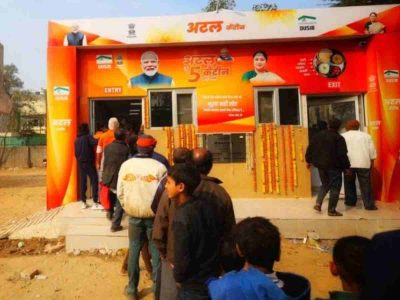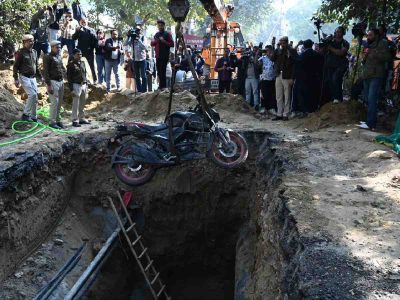The Delhi High Court has directed the National Informatics Centre (NIC) to create a software and additional resources that would allow citizens to provide information to the police about proclaimed offenders and assist the state in taking necessary action against them.
The court has assigned a committee, headed by the Principal District and Sessions Judge, to oversee the implementation of these directions. Initially, the data will be uploaded to internal servers and later to a public platform developed by the NIC after verification.
Justice Talwant Singh, in a recent order, stated that the NIC, under the guidance of the monitoring committee, should develop the required software and provide infrastructure, web space, and search facilities for the data.
He further mentioned that the data regarding proclaimed offenders and proclaimed persons should be uploaded to internal servers, accessible only to authorized individuals, until it is checked, re-checked, and verified by the stakeholders. Afterward, the data may be uploaded to the public platform specifically designed by the NIC for the Delhi District Courts.
The court has assigned the responsibility of uploading the data of proclaimed offenders to the Delhi Police and the district courts. The Director/In-charge of the Inter-operable Criminal Justice System (ICJS) has been instructed to offer technical and tactical support to the project. The ICJS is an initiative by the e-Committee of the Supreme Court, aiming to facilitate the seamless exchange of data and information between different pillars of the criminal justice system.
The court specified that initially, only data of proclaimed offenders in cases registered by the Delhi Police and accused individuals declared as proclaimed offenders/proclaimed persons in private complaints filed directly in Delhi District Courts should be uploaded. Data related to cases registered by other law enforcement agencies such as the Central Bureau of Investigation and Enforcement Directorate may be uploaded after a minimum gap of six months, subject to a decision by the monitoring committee.
To ensure accurate information, the court expects officials of the Delhi Police and district courts, responsible for uploading the data, to utilize databases and web-search engines to update addresses and other details of proclaimed offenders/proclaimed persons from other agencies.
The court also directed the Delhi Police (Headquarters) to evaluate the manpower required for operating a centralized cell that processes and coordinates information on proclaimed offenders. Additionally, the court instructed the Delhi government to forward suggestions from the amicus curiae regarding the introduction of legal provisions for the treatment of proclaimed offenders to the appropriate authorities for consideration. The monitoring committee is required to submit a report every three months. (With inputs from PTI)





